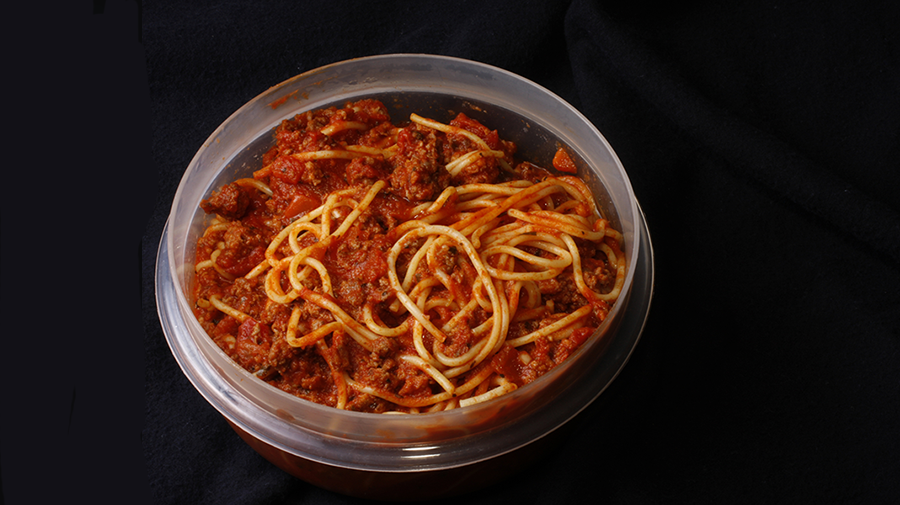Ripped parts of the post:
The bacteria is best known for causing a type of food poisoning called “Fried Rice Syndrome,” since rice is sometimes cooked and left to cool at room temperature for a few hours. During that time, the bacteria can contaminate it and grow. B. cereus is especially dangerous because it produces a toxin in rice and other starchy foods that is heat resistant and may not die when the food it infects is cooked.
And
Unfortunately, that was the case for a 20-year-old student, who passed away after eating five-day-old pasta.
His story was described in the Journal of Clinical Microbiology a few years back, but has since resurfaced due to some YouTube videos and Reddit posts. According to article, every Sunday the student would make his meals for the entire week so he wouldn’t need to deal with making it on the weekdays. One Sunday, he cooked up some spaghetti, then put it in Tupperware containers so that days later, he could just add some sauce to it, reheat it and enjoy it.
However, he didn’t store the pasta in the fridge, rather he left it out on the counter. After five days of the food sitting out at room temperature, he heated some up and ate it. While he noticed an odd taste to the food, he figured it was just due to the new tomato sauce he added to it.



Rancidity is unlikely to be a factor here, as it primarily affects foods high in unsaturated fats when exposed to oxygen over an extended period. Leftovers stored in an airtight container in the refrigerator for just a few days won’t experience significant oxidation to cause rancidity.
I think emptiestplace is correct. Rancidity is oxidation of fat. Highly saturated fats are very resistant to oxidation (it take a bit much energy to oxidize fully saturated fats)
Beef tallow is highly saturated and is shelf stable for years
Yeah … lemmy has done horribly at retaining intelligent users.